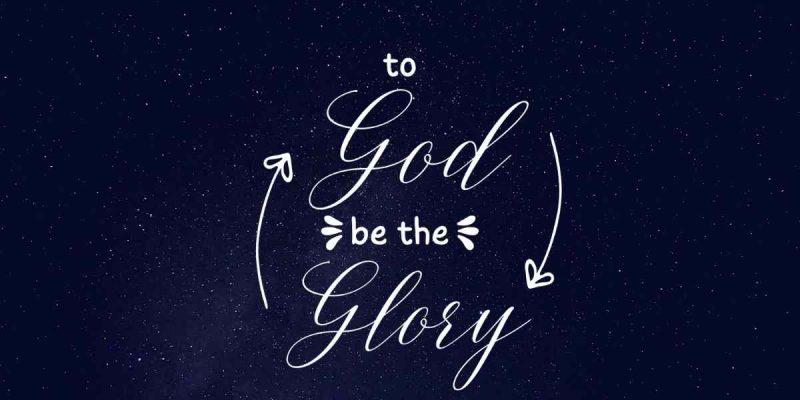
Story Behind the Hymn
Fanny Crosby, born in Brewster, New York on March 24, 1820, is the blind hymnist who wrote over 8,000 hymns with more than 100 million copies printed.
One of America’s most popular hymns, “the traveling hymn”, was buried and nearly forgotten for 80 years shortly after Fanny Crosby wrote it. Popularized in London during the Great Awakening, then returning to America where it originated, this hymn well reflects on the awesome work that God had been doing in Great Britain at the time—and for nearly two centuries after Crosby penned the words.
In 1870, William H. Doan, firm supporter of the American evangelist Dwight L. Moody and gospel singer Ira Sankey, published it in his hymnal, Songs of Devotion. One fateful day, Ira Sankey discovered this hymn in Doan’s hymnal. He liked it enough to publish it in his compilation, Sacred Songs and Solos. He introduced it at the Dwight L. Moody evangelistic crusades where it was well received. Eighty-four years later the Rev. Frank Colquhoun, prolific, hymn-loving British preacher at Norwich Cathedral, met with Cliff Barrows, music director for Billy Graham. Barrows was searching for music to be used at the London Crusades. Colquhoun gave him a copy of this hymn, originally called “Praise for Redemption”. Though unfamiliar with the tune, Barrows included it in the Greater London Crusade Song Book.
Meanwhile, the British press was critical of young Billy Graham and his crusades. Maurice Rowlandson recalls that “Some people were very skeptical, and nobody was prepared to put the money up for it.” Team members had to take pay cuts and British Parliament was accusing Billy Graham of interfering with British politics. The press expected that nobody would show up the first night. Friends encouraged him to cancel or postpone the meetings. Billy Graham sought the Lord for direction. The Lord said “Go”. Graham went. The Harringay Crusades were the closest the British came to a mass revival in the 20th century. Over two million people attended the biggest Christian event of its kind in UK history. The event that was supposed to last 4 weeks continued for 3 months. Barrows recalls “From the very outset of the meetings in Harringay, this hymn became one of the favorites and was used almost every night during the last month of those meetings.”
When the Billy Graham team returned to the US, they introduced it at their first crusade in Nashville, Tennessee. The audience loved it. Billy Graham included it in his hymn book, and Cliff Barrows would often sing it at their crusades. This hymn, simple in its ideas, forceful in its expression, and destined to become well-known and well-loved. It praises God, Who so loved the world that He gave us His Only Son.

